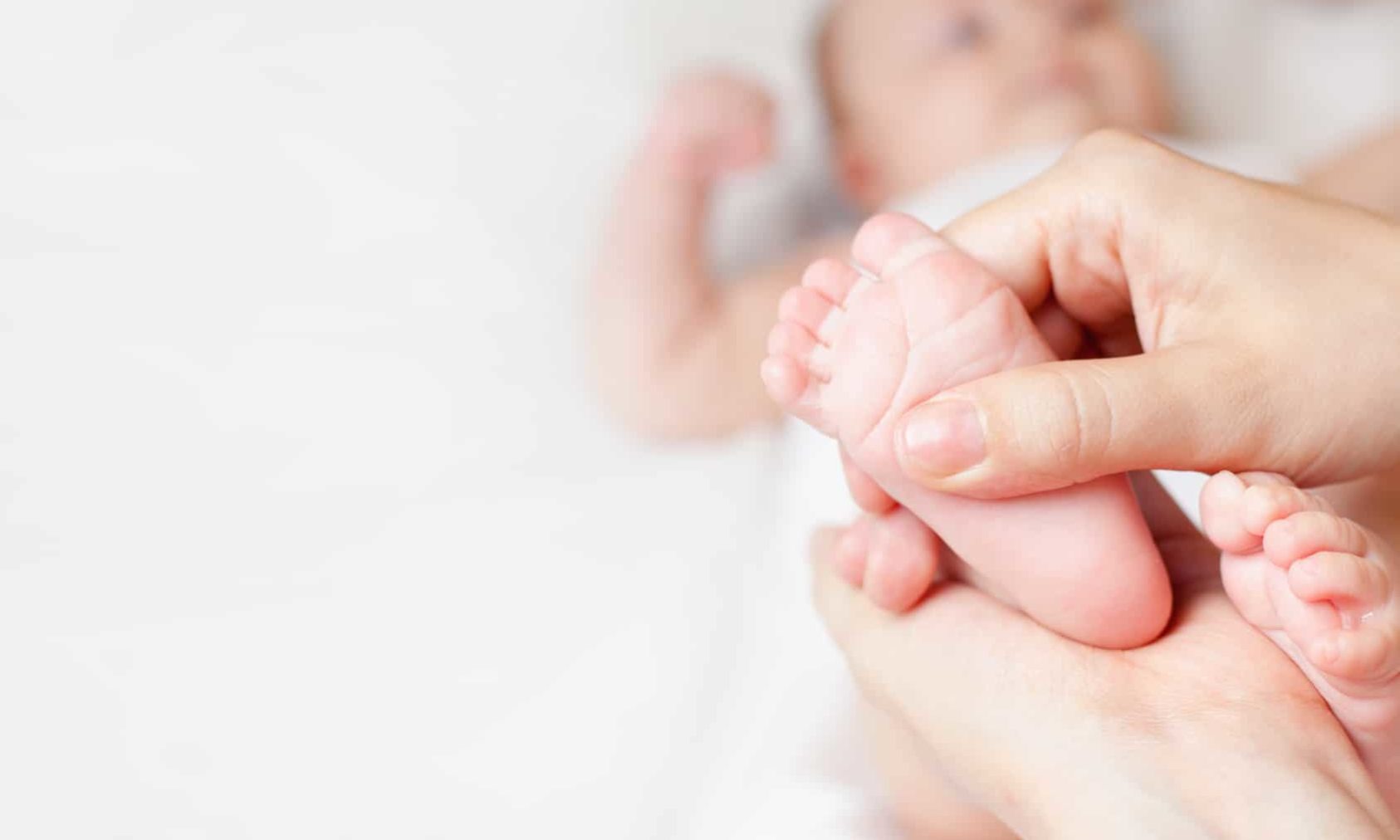
Massaging a baby is much like massaging anyone else; it involves moving your hands around your baby’s body—rubbing their back and shoulders, and gently moving their joints and articulations. Before starting to massage, you should lubricate your hands with baby oil or another oil suitable for a baby’s sensitive skin, to allow your hands to gently glide. The massage can be accompanied by a song, a rhyme, or just by talking to the baby and engaging them in eye contact. This way, they become more familiar with the cadences of spoken language and start to acquire the preliminary elements of verbal communication. By focusing on the baby, the caregiver will also become more attuned to their efforts to communicate: they can’t speak yet, but they can “say” a lot about their wants and needs through their body language and facial expressions. In this way, the caregiver and the baby alike learn how to interpret one another’s verbal and gestural cues.
Some caregivers like to learn about massage, and massage their baby, in a formal setting like a class or workshop, but it’s often just as easy to do it at home during a quiet time—perhaps in the evening, when everyone is getting tired and it is time to start winding down before beginning the preparations for going to bed.
Baby massage is good for both the baby and the caregiver. The baby enjoys the pleasant sensation of the massage, while the mother or other caregiver becomes more finely attuned to the baby’s sensations and needs. Both typically experience a feeling of peace and well-being that makes them feel closer to one another, and some mothers even find that massaging their baby can help them to overcome any issues they may be having with postnatal depression or other emotional challenges. Babies who receive massages are also more likely to sleep well, which is good for them—and for anyone involved in their care! When it comes to baby massage, there’s a lot to gain—and nothing to lose—from giving it a go!
WHO CAN I SPEAK TO FURTHER ABOUT THE ISSUES IN THIS ARTICLE?
For help with the issues discussed in this article speak to one of our therapists here at Private Therapy Clinic for a free initial chat or to make an appointment.














